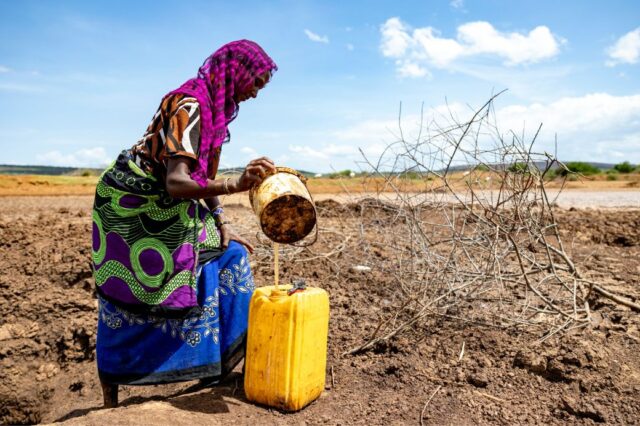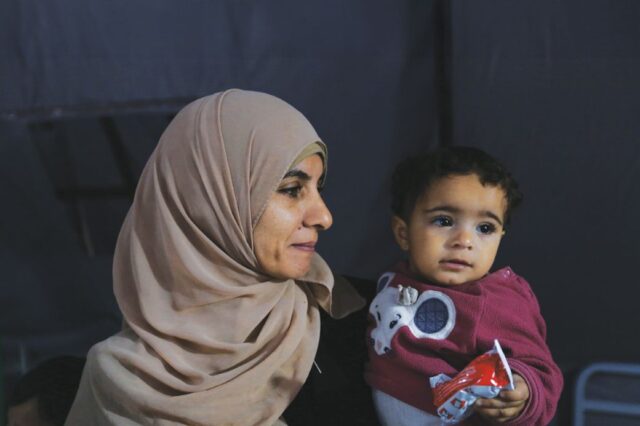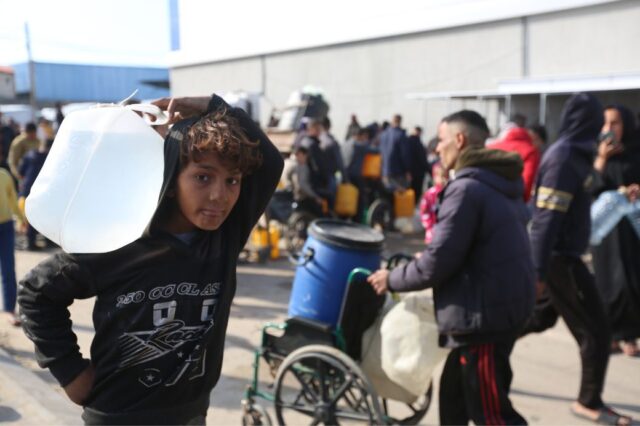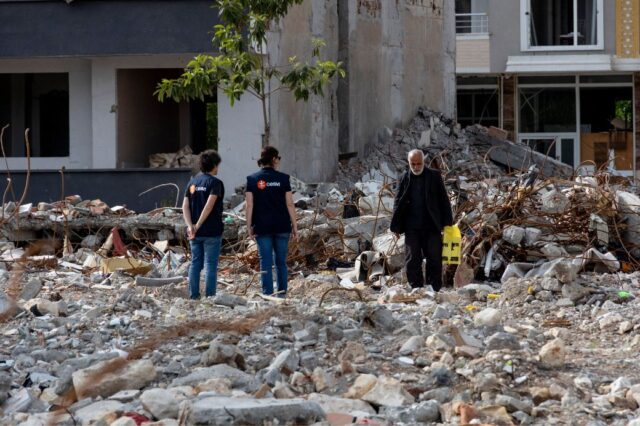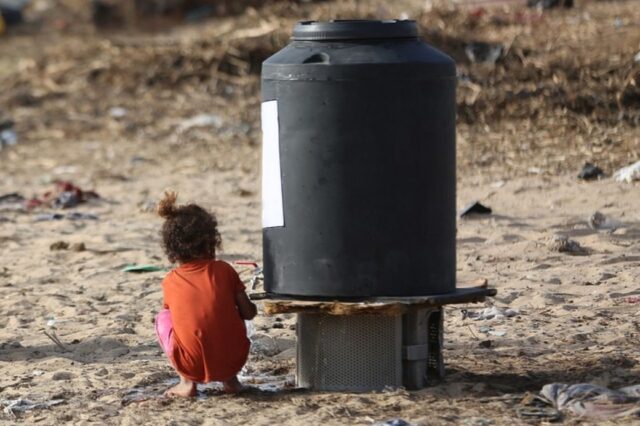Cesvi works in the most serious humanitarian emergencies in the world: complex situations which can be caused by natural disasters and calamities or by human action.
Cesvi has brought Italy’s solidarity to all the most difficult theatres, earning the trust and esteem of the beneficiaries and of the international community.
Even in the worst humanitarian emergencies (earthquakes, floods, epidemics, famine, war), our organisation’s aim is to back up primary assistance with the capacity to build a new start and development, betting on the involvement of the beneficiaries.
In the mid ’90s, in the heart of the war, Cesvi intervened for the first time in the Balkans in turmoil for the ethnic-religious conflicts.
In 1994-’95 in Bosnia, as well as working in the health sector, we reopened small local factories. While operating in Muslim Croatia and Serbian Bosnia and in revolution torn Albania, in 1998 Cesvi entered Kosovo to take care of the ethnic Albanian population. In 1999 the population of Kosovo evacuated to Macedonia and Albania and Cesvi was with them in the refugee camps. Later it returned to Kosovo to contribute to the reconstruction and, when the persecution of the Serbian minority started, took care of the community.
In Macedonia Cesvi set up nine “Babylon Centres” to promote peace and living in harmony between children and youths of different ethnic groups. The legacy of this experience is the House of Smiles, still active today in Srebrenica.
In 1997 Cesvi was the first western NGO to open an office in Pyongyang, capital of North Korea stricken by the economic crisis and by famine. The food with nutritional supplement for children were shipped by sea from Ho Chi Minh City, where we had set up an Infant Nutrition Centre.
Over the years there have been many humanitarian emergencies where Cesvi has been in the front line: the tsunami in south east Asia (2004), the earthquakes in Peru (2007) and Pakistan (2008), the earthquake in Haiti (2010), the flooding in Pakistan (2010 – 2011), the earthquake in Emilia Romagna, Italy (2012), the typhoon in the Philippines (2013), the earthquake in Nepal (2015), the earthquake in Central Italy (2016), the passage of Hurricane Matthew in Haiti (2016).
Regrettably, some emergencies are still before of everyone’s eyes. The war in Libya, begun in February 2011, has triggered a crisis in the Mediterranean setting off a domino effect which has led to the conflict in Syria and the greatest exodus since the second world war.
The famine and drought which struck the Horn of Africa in 2012 persist, due to climate change (el Niño), setting off serious consequences in Ethiopia and Somalia, countries where we are also working to deal with the consequences of a 25-year-long civil war. Mozambique, Zambia, Zimbabwe and other areas of Central America, such as Haiti, and of south east Asia have also been severely struck.
